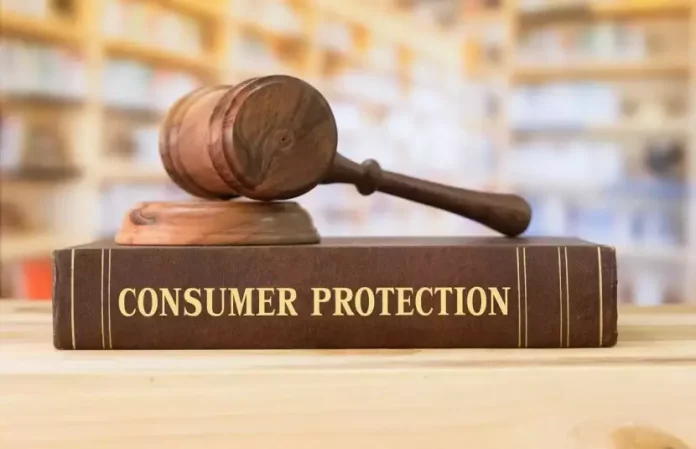
Supreme Court Exempts Lawyers from Consumer Protection Act: On 14th May 2024, the Supreme Court of India delivered a landmark judgment exempting lawyers from liability under the Consumer Protection Act of 1986. This decision overturned a previous ruling by the National Consumer Disputes Redressal Commission (NCDRC) from 2007, which had classified legal services as subject to the Act.
Judicial Bench and Rationale
The bench, led by Justice Bela Trivedi and Justice Pankaj Mithal, emphasized that legal representation, despite being a paid service, does not constitute a ‘service’ as defined under the Consumer Protection Act. This judgment highlighted the unique professional characteristics of legal practice, which differentiate it from other service industries.
Background of the Case
- NCDRC’s 2007 Ruling
The debate began with an appeal against the NCDRC’s 2007 interpretation. The NCDRC had categorized lawyer services as ‘service’ under Section 2(o) of the Consumer Protection Act, thereby making them liable for potential lawsuits in cases of service deficiencies. - Petitioners’ Arguments
Petitioners, including M Mathias and various lawyer associations, argued fervently that the legal profession should not be treated like other trades or businesses. They stressed that lawyers have a unique set of duties not only towards their clients but also towards the court and their opponents, which can often create conflicts with client interests.
The petitioners also pointed out the inherent unpredictability and complexity of legal proceedings. These factors can influence the outcomes of cases irrespective of a lawyer’s competence or diligence, making it unfair to subject lawyers to consumer protection laws.
Supreme Court’s Ruling
- Distinguishing Professions from Business
The Supreme Court’s ruling established a crucial distinction between professions and other forms of business. The court recognized that the nature of legal services is fundamentally different from that of commercial services. Professions like law are characterized by a fiduciary relationship, which involves a high degree of trust and confidentiality. - Professional Duties and Ethical Obligations
The court noted that lawyers have ethical obligations and duties towards the judicial system surpassing their clients’ responsibilities. These obligations include upholding justice and ensuring fair play in legal proceedings, which sometimes might conflict with a client’s expectations or demands.
Unpredictability and Complexity of Legal Proceedings
Another critical aspect considered by the court was the unpredictable nature of legal proceedings. Unlike commercial transactions, legal cases are influenced by numerous variables, including the interpretation of laws, judicial discretion, and procedural nuances. This complexity means that outcomes can never be guaranteed solely based on a lawyer’s performance, making it unreasonable to classify legal services under the Consumer Protection Act.
Implications of the Judgment
This landmark ruling has significant implications for the legal profession. It reaffirms the unique status of legal practitioners and shields them from the potential hazards of consumer lawsuits. By recognizing the distinct professional dynamics of legal practice, the court has underscored the necessity of protecting lawyers from liabilities that are better suited to commercial services.
Conclusion
The Supreme Court’s judgment on 14th May 2024 represents a pivotal moment in India’s legal profession’s history. By exempting lawyers from the purview of the Consumer Protection Act, the court has acknowledged the unique nature of legal services and the critical role lawyers play in the judicial system. This decision ensures that legal practitioners can perform their duties without the looming threat of consumer litigation, thus preserving the integrity and functionality of the legal profession.
Stay updated with the latest current affairs and insightful blog posts by following Freshersnow. Don’t miss out on future content that keeps you informed and engaged!
| You Can Also Check | |
| Current Affairs | |



